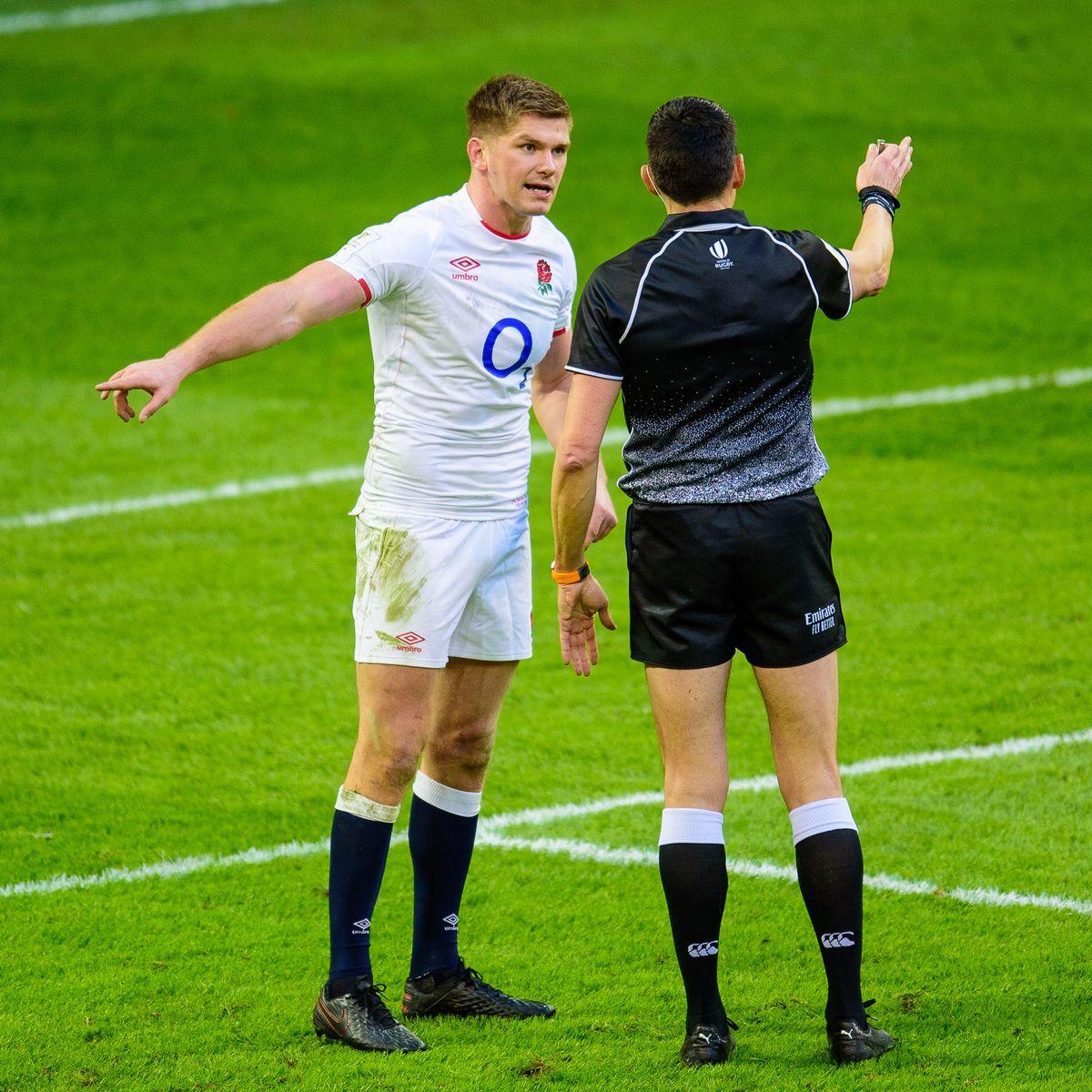It has been a week of very odd news. A man sits on a horse. Nothing odd there, unless of course the horse is dead in which case twitter will be set alight, investigations will be called and the trainer Gordon Elliott will watch his reputation and career crumble.
People do the strangest things: like miss penalties; award or don’t award penalties for similar infractions; allow penalties to be kicked before a team is ready; disallow, allow, then re-disallow goals, sometimes all on the same day.
All of this happened last weekend and what it boils down to is this: set the rules, then apply them consistently and all will be, more or less, well.
Tennis is a good example. In 2012 there was a tour match where Sorana Cirstea of Romania had six successful challenges in a single set against the Slovakian Dominika Cibulkova.
Unlike the fourth set Federer challenge against Djokovic in their classic 2019 Wimbledon final, which was out by millimetres, giving Federer two break points that would set up an epic fifth set, Cirstea’s challenges were miles in, or out. The margins in tennis are terribly thin sometimes, but at least Hawkeye is fair and everyone can see the decision immediately.
Unlike the chaos of last weekend.
West Brom were at home to Brighton in a relegatation tussle. The visitors were a goal down at the half hour mark when they scored from a free kick. The referee blew his whistle for the free kick to be taken.
Then, with the ball in flight towards the goal, he blew again noticing the West Brom keeper had not been ready.
Some minutes of chaos ensued as the goal was disallowed, then allowed, then disallowed again.
At the end of it all, because the second whistle came before the ball went in, it could not stand. That’s the rule. The attacking team should not have to wait until the defence is ready and organised before taking a free kick.
The argument can be made for poor game management by the ref, but not the legality of the goal. In this case the referee should not have blown a second time.
Contrast this with the controversial decision by referee Pascal Gauzere in the Wales England 6 Nations match the same day. The Frenchman had told England captain Owen Farrell to improve their discipline. Farrell called the team together then watched aghast as Biggar kicked to Josh Adams who touched down while most of the English team were out of position.
Following the law, the try stands, but Gauzere, too, will be accused of poor game management.
A rugby captain will follow the orders of the referee, who, having given those orders, should then allow the team time to do so before re-starting play. In this case the referee should wait to blow the whistle. With no such instruction from the referee, the attacking team can play at will.
Back to West Brom, where Brighton were defeated 1-0, and can hardly blame the referee, who awarded them two penalties, both of which they missed. The first was a handball from Okay Yokuslu, as the Turkish player went for a challenge with an arm raised and which was awarded after a VAR check.
The next day, Man United were held to a goalless draw at Chelsea and were denied a penalty for a handball very similar to the one at West Brom.
The referee decided not to penalise a handball from a raised arm by Callum Hudson-Odoi despite being called to the monitor for a second look.
United manager Ole Gunnar Sokskjaer called it a “100% nailed-on penalty” while Alan Shearer on Match of the Day said “Under the current laws that is handball. The refs are confused because they haven’t got a clue what is handball. This is not being critical of referees, it is being critical of the system.”
The issue is that unlike tennis where a ball is either in or out, there is no clear rule as to what constitutes handball, so VAR can’t clarify things to the millimetre. It is not a question of whether the ball hit the hand or not, because in both cases this weekend it did. The referee still has to judge whether the hand was in a natural position or whether it moved to the ball. As it stands this season, a handball has generally been given if the ball touches the hand whatever the reason. But not always.
Tomorrow sees the 185th Manchester derby with City on 21 wins in succession in all competitions.
A 22nd would all but seal the Premiership title and would equal Carlo Ancelotti’s Real Madrid side from 2015.
Then next Wednesday sees them at home to Southampton to equal Bayern Munich’s record from last year, then there’s 26 from Ajax in 1972 then the all time record in any top league which is 27 straight wins from Welsh club New Saints in 2017.
United will look to end hot air from their noisy neighbours and settle for another dull 0-0 draw.


No comments
To be able to write a comment, you have to be registered and logged in
Currently there are no comments.